Interlocking Floor Tiles, A Modern Solution
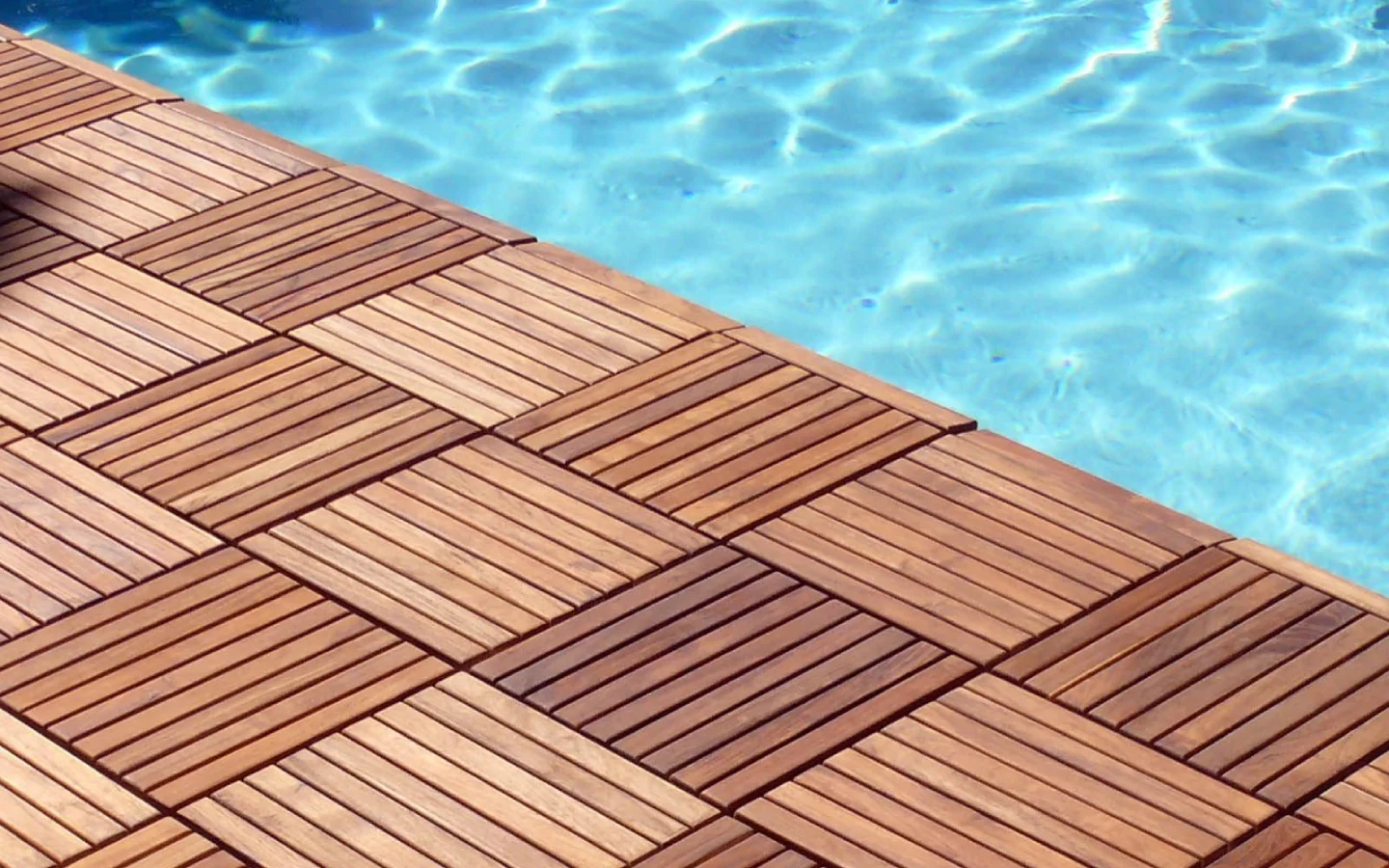
What are interlocking floor tiles?
As the name suggests, interlocking flooring tiles are tiles that interlock each other, forming a sturdy floor. Unlike other types of flooring, these tiles are not stuck together or glued down to the subfloor. Rather, they are interlocked together on a flat surface and can float over it without the need for any adhesives: the revolutionary interlocking system and the gravity of the tiles’ weight help to hold them still. Keep in mind that tiles exposed to direct sunlight require gluing solutions to ensure that they are stuck together firmly under heavy usage. In recent decades, interlocking floorings have gained more and more popularity among house owners and business owners in the market due to their sustainability, durability, and affordability. They can almost be used in every business setting, especially in industrial, commercial, factory, warehouse, and working environments. As one of the fastest-growing types of specialty flooring options, they are available in a wide range of materials, shapes, and colors, making them suitable for different spaces.
Easy to Install
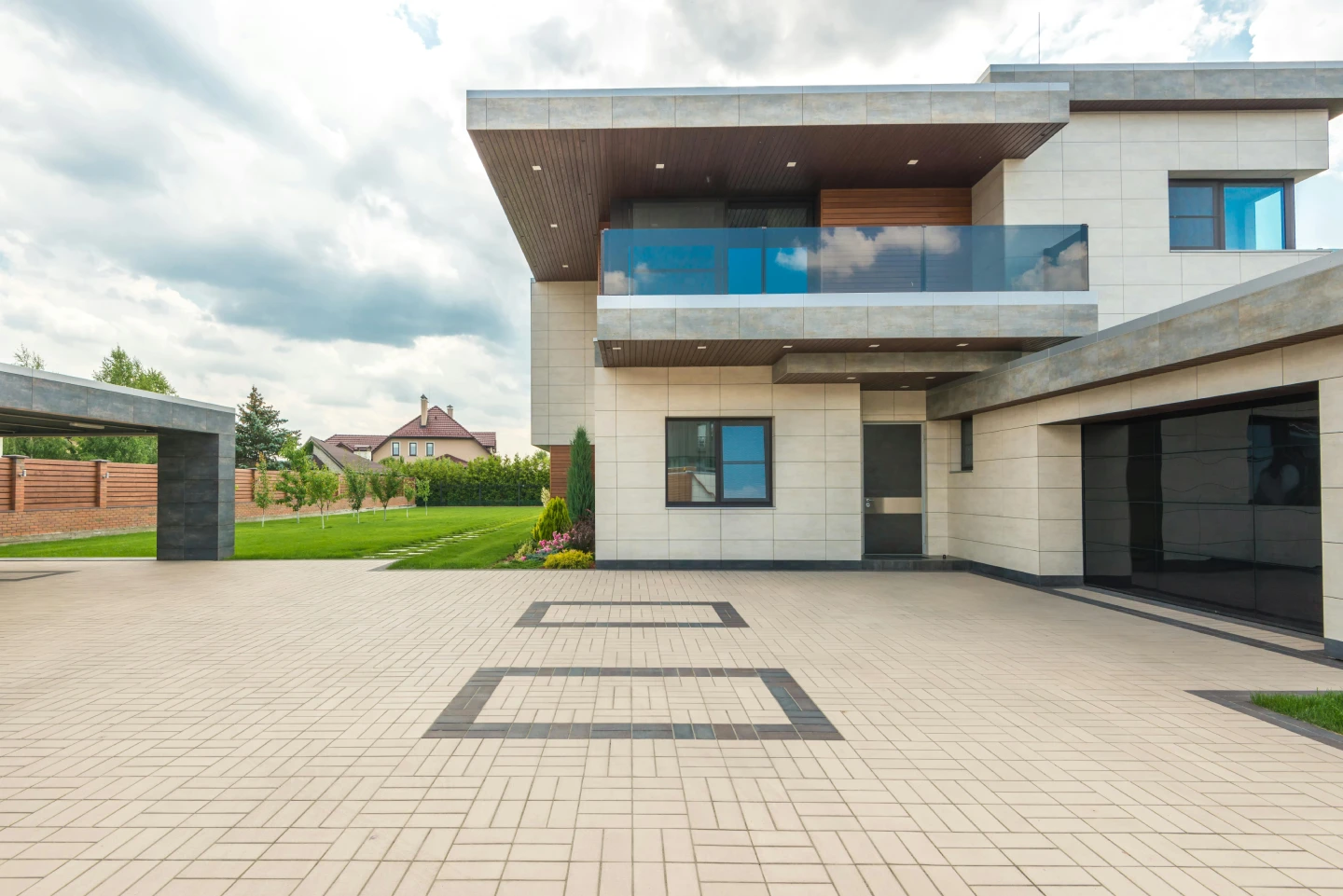
The number one feature of interlocking systems is that they are quick and easy to install. Since they do not require any adhesives, such as glue or fasteners, they are user-friendly and can be installed without the need for professional assistants in less than twenty-four hours, especially for small spaces. The floor installation process begins by interlocking tiles firmly together from the middle towards the sides and then floating them on the subfloor, which reduces the weight and friction on the two surfaces. On the other hand, if the subfloor is already damaged, there is no need to repair it since interlocking tiles can be installed over the existing damaged subflooring.
Easy to Maintain
The second benefit is that interlocking tiles are easy to maintain. Since they do not have grouts, dirt and debris cannot accumulate on the surface, hence causing high amounts of cleaning. They can be easily vacuumed, moped, and brushed regularly. Don’t forget that you need to damply mop these tiles. In this way, the tiles are not damaged or worn out in the long term. Any tile affected can also be easily replaced by another without having to restore the entire flooring.
Durability
Interlocking tiles are really durable due to their high-quality premium materials. They are resistant to scratches, stains, and flames. They can stand heavy weights and high foot traffic. They are suggested for factories and warehouses since they resist high amounts of pressure and industrial machinery. They also offer comfort underfoot without posing risks to the feet.
Proofing Options
Interlocking tiles reduce noise and vibrations. They are waterproof and offer heat insulation, trapping heat above the floor and preventing coldness or dampness from entering from the subfloor, making them suitable for places with temperature fluctuations. Tiles are also resistant to chemical substances, precluding any form of chemical interaction, ranging from fuel and alcohol to different abrasives.
Aesthetics
Interlocking tiles are visually appealing. They are available in a wide range of colors and smooth finishes, making them suitable for business environments and gym flooring. Companies can also brand them with logos unique to each customer and commerce.
What is the use of interlock tiles?
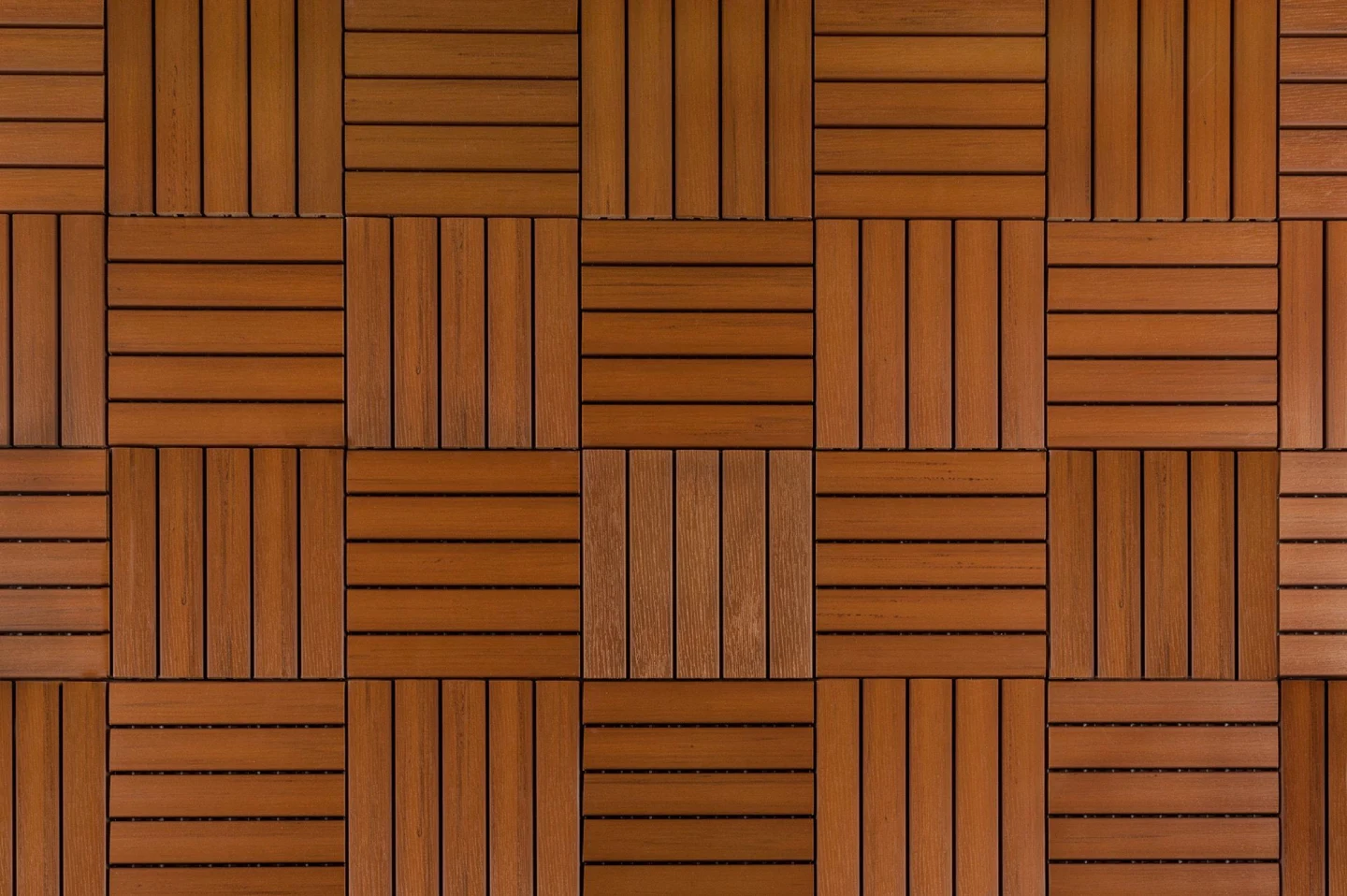
Interlocking tiles can be used in almost every place without the limits of other types of flooring. Its unique feature of adaptability makes it a popular choice for industry, workplaces, gyms, factories, patios, etc. It transforms the whole area and enhances the comfort.
Let’s take a look at some applications of interlocking tiles:
Industry & Commerce
Since interlocking tiles are adaptable to any environment, they can be installed over any flooring. They require fast, minimum installation, even on wet and dusty subfloors. They are affordable in comparison to other types of flooring in installation, maintenance, and repair, making them a great choice for larger spaces. With long-term anti-slip and anti-fatigue properties, they are popular among business owners. Lastly, these tiles suit a wide range of tastes since design and color are key elements for any commercial use.
Warehouse
Warehouse environments should withstand high foot traffic and industrial machinery, so a type of flooring is needed that stands wear and tear. Besides, these tiles avoid slips and resist chemicals which are among essential qualities for providing safety both for employees and employers.
Factory
In factories, it is really important to use flooring that is easy to install and maintain; a kind of flooring that requires minimal work. This way, the work in progress can be done during the installation procedures. On the other hand, interlocking tiles resist temperature fluctuations, making almost no distributions in a busy factory.
Entrance
Your entrance creates the first impression of your property. Using suitable interlocking tiles for the doorway that match the style and color of the house enhances the look and creates a lasting first impression for guests.
Garage
Garage is not only a place to park your car; you can use it as the storage room as well. To get the utmost appeal and functionality of the space, interlocking tiles are one of the best garage flooring ideas. They can also be used in the driveways, transforming the traditional paved way into an attractive aesthetic one.
Staircase
Whether you have indoor or outdoor steps, interlocking tiles are easy to install and maintain. Since they are a type of waterproof flooring, they resist humidity, making them ideal for outdoor staircases in cold areas.
Wall
If you want to add a touch of creativity to the design of your house, interlocking tiles on the retaining walls are what you are looking for. They make the walls an attractive spot in your house. You can decide where and how to use the tiles to get the look you want.
What are interlocking floor tiles made of?
Interlocking floor tiles are made of different materials, including PVC, granite, limestone, and sandstone. They are all manufactured from highly durable materials to meet the required standards in the market. PVC and limestone tiles are accessible almost everywhere. As versatile stones, they are available in different shades and styles. This type of stone is mostly preferred in dry areas such as balconies and patios. A softer option would be sandstone, which has a compressed, unique texture. It is used in outdoor spaces since it resists wear and tear. Keep in mind that all the tiles require regular sealing and polishing since they are vulnerable to scratches and water penetration. Interlocking tiles used for pavements are also made of cement or concrete, connecting edges and joints with sand.
How long do interlocking tiles last?
Interlocking tiles have different life spans depending on the type of the material used. Generally speaking, they last more than a decade if maintained properly. Most types of interlocking tiles do not require high maintenance, but to keep the appeal and functionality as day one, minimal work is a must. The good news is that most companies offer warranties for this type of tiles, especially those used in industry and gyms. To extend the lifespan of the tiles, choose the appropriate type for the intended environment. For example, commercial tiles are better for athletic environments, PVC interlocking tiles are better for places with small children and pets, and waterproof tiles are applied in basements. Polish regularly to keep the appearance as attractive as the day you bought the tiles.

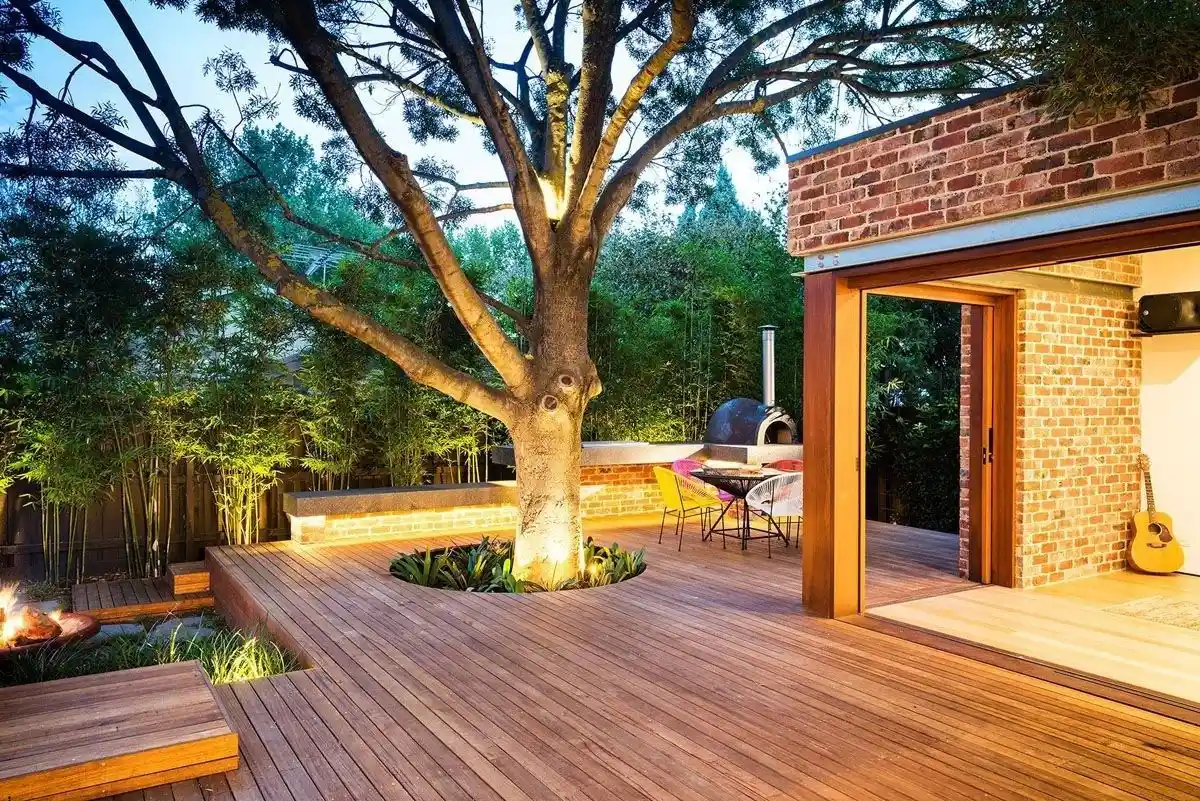
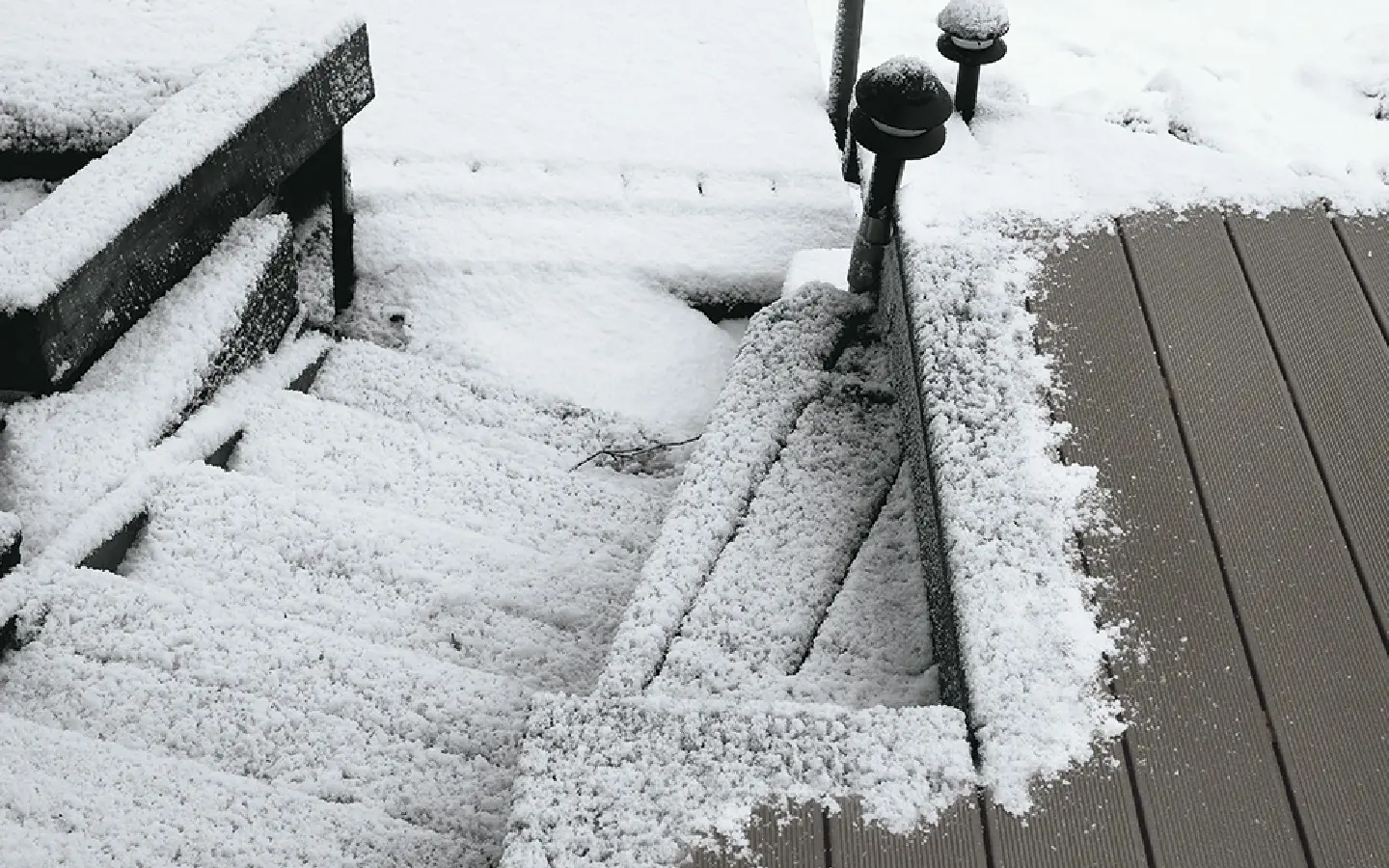
Did you find what you were looking for?